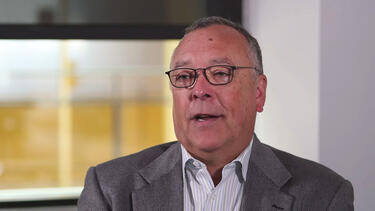Faculty Viewpoints
Where Did Madoff's Money Go?
Yale SOM’s Rick Antle on the complexities of making restitution in the wake of a Ponzi scheme.

Where Is the Money in Venture Capital?
Yale SOM's Olav Sorenson explains why the geography of VC is changing.

How DuPont's Directors Failed
CEO Ellen Kullman's departure is one of many examples of dysfunctional corporate boards making rash decisions.
What’s Your Mission?
Yale SOM’s James Baron on the ingredients for an effective mission statement.

How Will the Trans-Pacific Partnership Affect Global Business?
Global Network Perspectives asked experts across the Global Network for Advanced Management how the trade deal would impact their countries.

How Do You Become a Leader?
Herminia Ibarra of INSEAD on the personal evolution required to transition into a leadership position.

Seven Reasons Volkswagen Is Worse than Enron
In the Financial Times, Yale SOM’s David Bach writes that the Volkswagen emissions scandal could destroy an iconic German company and set back efforts to use technology to achieve environmental sustainability.

Can Social Innovation and Cross-Sectoral Collaboration Help Solve South Africa’s Problems?
Dr. Francois Bonnici of the University of Cape Town on navigating South Africa's turbulent social sector.

What Can We Learn from Trump?
Leadership scholar Jeffrey Sonnenfeld and political scientist Jacob Hacker, who recently sat down for an hour-long conversation with Donald Trump, discuss their impressions of the man and the current moment in political history.

What Can Aviation Teach Business about Managing Errors?
Professor Jan Hagen of the European School of Management and Technology (ESMT) on the aviation industry's open, immediate, and blame-free approach to errors.
